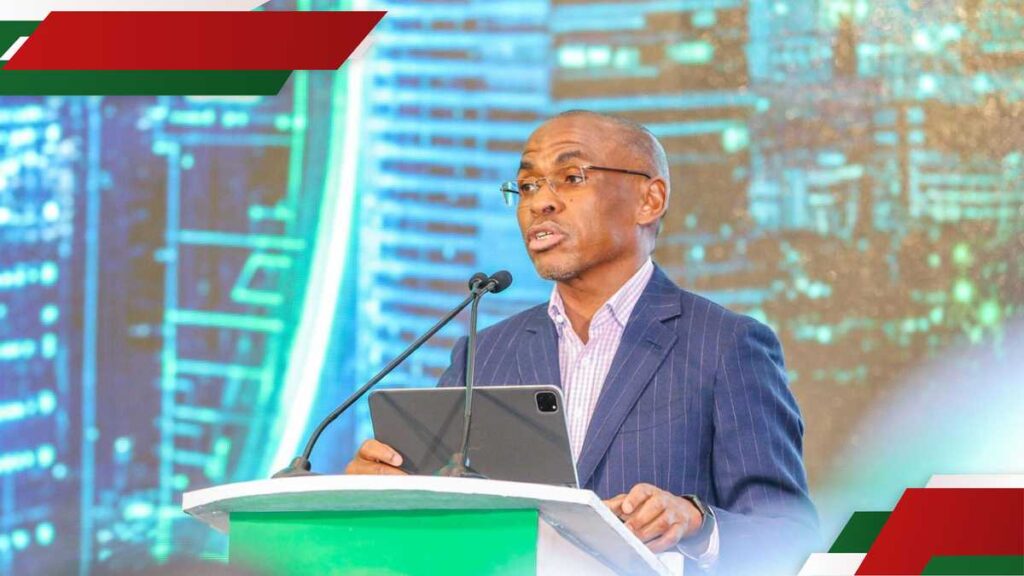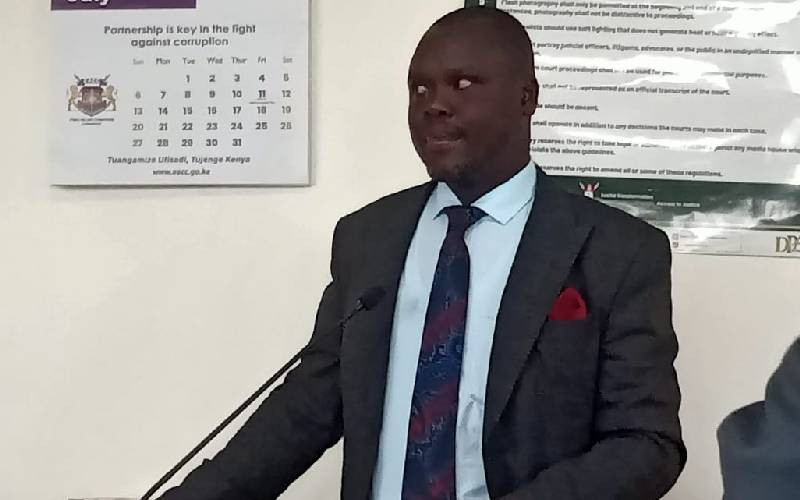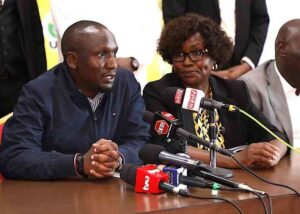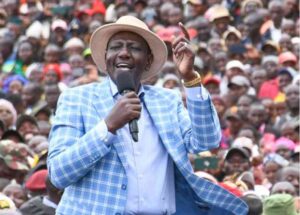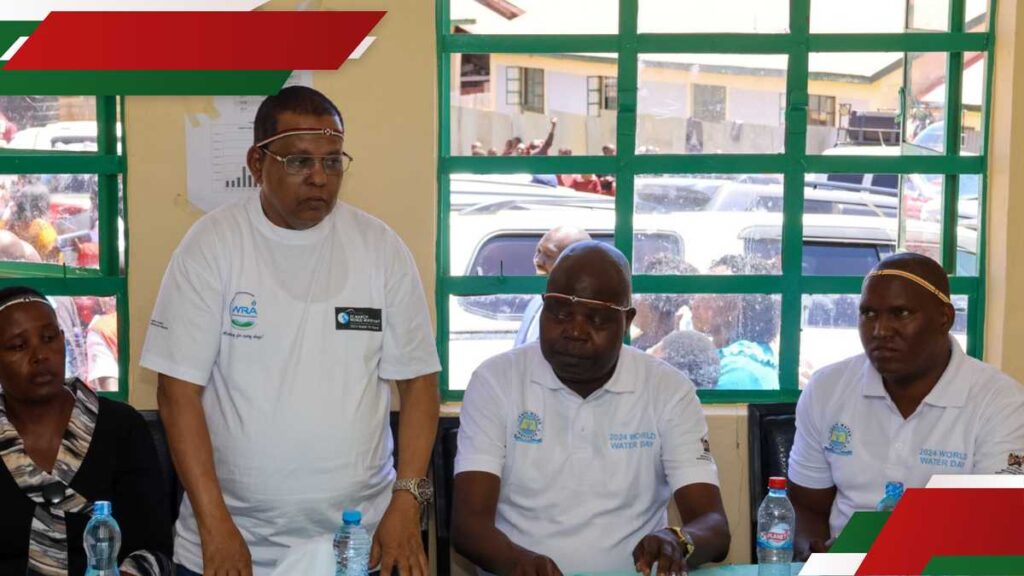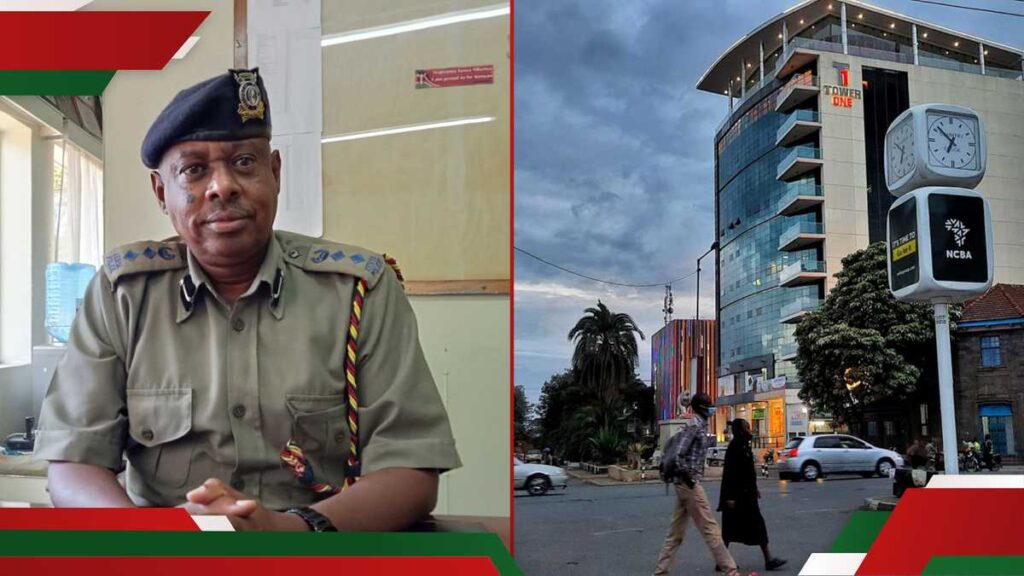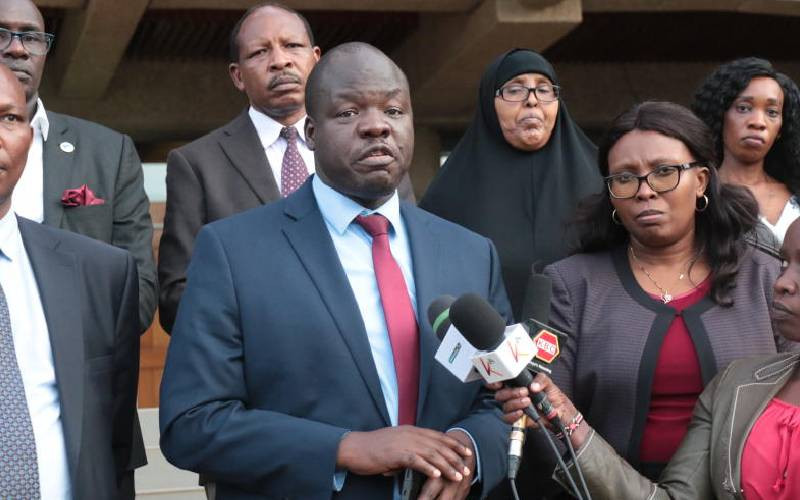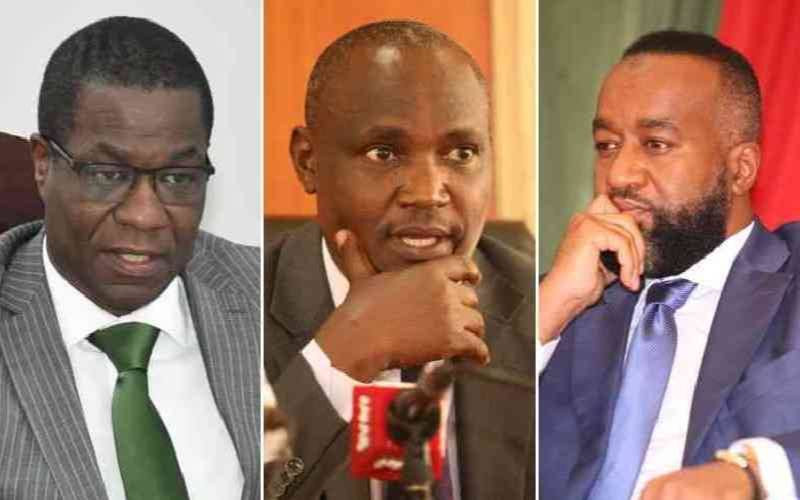It is not in doubt that Kenyans vote for the most popular leaders during elections. Driven by love and passion, that the voters wake up as early as 3am to queue and brace for cold to cast their vote to their favourite representative.
Ironically after two years in office, the love and passion has worn thin and the very leaders who enjoyed massive public support, now feel disillusioned and a deep sense of hatred to a point where they feel they need protection from the people that loved them.
Fearing for their lives and feeling unsafe from the very same electorate who handed them the job, the MPs now feel that their lives are in danger.
National Assembly Speaker Moses Wetangula on Wednesday gave MPs instructions to submit their security details for a fresh vetting following the assassination of Kasipul Member of Parliament Charles Ong’ondo Were in Nairobi.
Wetangula, a former long serving Senator for Bungoma and MP for Sirisia for 15 years, slammed a section of online critics evoking negative memories about the late MP to tarnish his name and urged the late MP’s family to remain stolid amid the criticisms, and ignore ‘Kenyans online’ asserting that they were unbecoming and ‘heartless’.
“As a family, you have lost; don’t pay any attention to the filth and nonsense on social media. Kenyans have become very callous, heartless, and people who are difficult to describe. Pay attention to your family, that now you must live together as one,” he noted
The National Assembly Speaker further urged MPs to beef up their security and remain vigilant over possible dangers in light of the murder of their colleague, saying that ‘most of their electorates did not like them.’
National Assembly Minority Leader Junet Mohamed pleaded with Kenyans who celebrate the death of a leader to stop saying ‘Politicians are also fathers, husbands, and have families. If you have a problem with a politician, wait for the elections and deal with him then.’
Despite the criticism and condemnation of the leaders towards their electorate, political analysts believe their past remarks against protestors and the suffering Kenyans have hardened the citizens’ hearts and feelings towards the political class.
A week ago, Mandera North MP Bashir Abdullahi was under scrutiny following his ‘we mourn and we move on’ remarks that he made in Parliament about the BBC documentary ‘Blood Parliament’ that exposed the faces of police officers who allegedly killed youthful Kenyans during the June 2024 anti-Finance Bill protests.
“In a democratic country, it’s normal for people to get killed. We mourn and move on,” he said in Parliament, a statement many saw as cruel and indifferent.
After a series of criticisms from Kenyans on social media who also took to online platforms to respond to the death of Were, the MP issued an apology, stating that his words were taken out of context.
“If my words hurt the bereaved families or any Kenyan, I offer my deepest and unconditional apology, and do so as servant leadership. I therefore support the call for an independent investigation into the events of June 25, and I demand that those responsible be held accountable. demand that those responsible be held accountable,” Bashir pointed out.
A section of politicians and political experts feel Kenyans have lost trust in MPs due to a combination of factors, including their reckless remarks in public, opulence, allegations of corruption, perceived extravagance, and the lack of tangible improvements in citizens’ lives.
Stay informed. Subscribe to our newsletter
Concerns about MPs’ personal wealth and opulent lifestyles, often on social media, have fuelled public anger and resentment.
Ndungu Wainaina, an activist, noted, “It’s due to leadership without legitimacy. MPs and the Ruto government have completely lost public consent to govern. Politicians have lost the trust and respect of the people. Leaders are divorced from reality. Broken bond.”
Nairobi Senator Edwin Sifuna believed that leaders had largely brought hatred upon themselves for going against the constitutional dictates of how they should conduct themselves in a manner that demonstrates respect for the people
“There is a feeling amongst the public that we do not listen to them. Some of the pronouncements by some MPs during debates on critical bills, including the finance bill, say we will not change a comma. You are clear that the people do not want you to do something, but you force it down their throat because you think you are their boss, as opposed to their servant. Some pronouncements were made during the discussion about that BBC documentary that happened on the floor of the National Assembly,” said Sifuna.
Sifuna said the statement by Mandera North MP showed lack of empathy to the electorate and appeared to depict as if leaders only care about their affairs and didn’t care about what happens to other people.
“It appears like it is a representative of the general view of the National Assembly and, by extension, the entire parliament. So, when his words are thrown back at us, we really cannot start crying and saying, Oh, you guys are being unfair and so on. But the only criticism I have is that traditionally when somebody dies, we tend to just speak about the things that he did that were good in our view,” he added.
The Senator said the leadership had fallen short and owed an apology to the public that there were things that they have said and done that cast us in bad light, that did not meet the threshold in Chapter 6, where they did not demonstrate the respect expected for the people who elected them.
On his part Manyata MP Gitonga Mukunji said there was a general trust deficit in the Parliament because of the conduct of the legislators especially on the passage of certain bills and policies that oppressed the electorate.
“I have been elected on a UDA ticket. I have sat in many parliamentary group meetings where we are directed by the party honchos to pass various legislative proposals in a certain way. But what has been the deal maker between Kenyans and the elected leaders was the Finance Bill 2024 and the Housing levy that Kenyans felt oppressed them. We have a huge task to restore trust among Kenyans,” he said.
[email protected]















